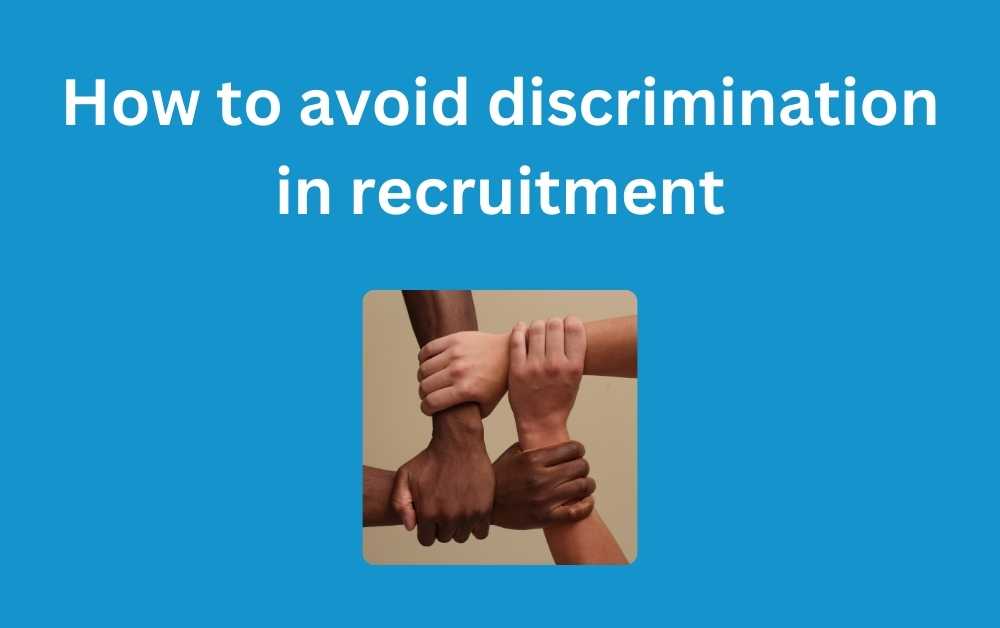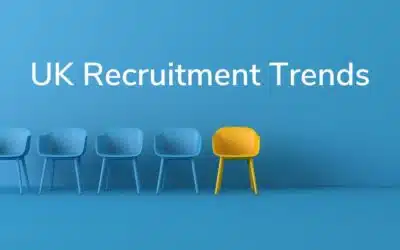On the third day of Christmas, my manager said to me… I don’t want to hire those 3 French hens
This statement has got discrimination written all over it!
This manager doesn’t want to hire someone because they’re female (or at least that’s what the local Fifers’ refer to as hens) or because they are French!
In all seriousness maybe someone does reject a candidate or not give a payrise to someone of a specific gender or from a particular nation, or perhaps someone that has a specific medical condition, because they don’t think it fits the organisation…. STOP right there.
The Equality Act makes it against the law to discriminate against any of the following:
- age
- being or becoming a transsexual person
- being married or in a civil partnership
- being pregnant or having a child
- disability
- race, including colour, nationality, ethnic or national origin
- religion, belief or lack of religion/belief
- sex
- sexual orientation
These are all known as protected characteristics. But what do we mean by discrimination? This can mean be making a decision, such as our example above not to hire someone because of one of the reasons listed above, or for example; I did not promote Sam to the Manager’s position because she has children. I excluded Will from the training course because he is gay. I made Ryan redundant because he was the youngest. All of these types of things are examples of Direct Discrimination where someone is treated less favourably because of their ‘protected characteristic’.
Thankfully these are things we don’t see very much of. But it never hurts to have a reminder. There is, however, another type of discrimination that is a little harder to identify, this is Indirect Discrimination. By this we mean putting arrangements or rules in place that apply to everyone, e.g. shift patterns, but that puts someone with a protected characteristic at an unfair disadvantage. In the shift pattern example, an employer has imposed a blanket shift pattern across their staff including night shifts. In doing this the employer has indirectly discriminated against the single parent who is placed at a disadvantage due to child care issues.
Whether its recruitment decisions or other polices you may be implementing or changing, we can help by making sure you have robust policies in place, including policies for expectation setting on equality and bullying in the workplace. For more information contact us here.







